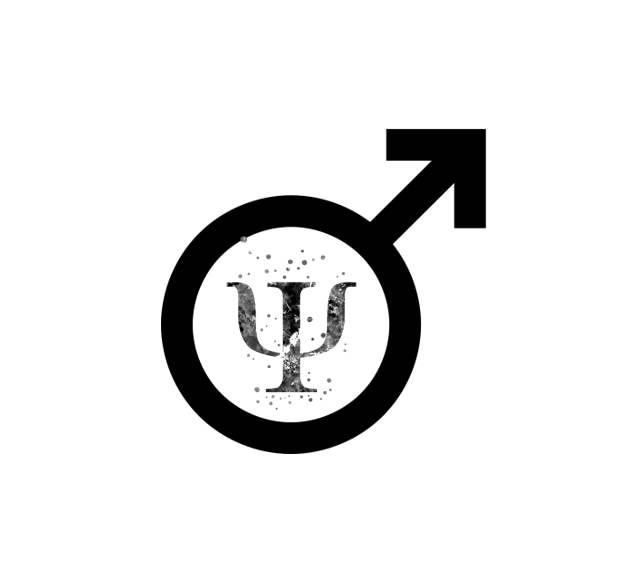Men & Mental Health. What are the facts?
- MensPsych

- May 8, 2020
- 2 min read
Updated: Jan 15
Let's all be honest. We know that Men are not immune from experiencing a range of mental health conditions. We also know that despite a clear need for more men to seek and receive the help they need, things aren't getting better. In fact, the state of men's mental health is sometimes referred to as a silent crisis. This is because of sufficient evidence that men experience high rates of various mental health conditions. In another post, I'll talk more about why men might be reluctant to seek help. But for the moment, I'll focus more on male/female differences at a high level.
First, are certain mental health disorders more common in men?
This is a difficult question to answer (more on that below). But yes, some disorders do seem more common in men than women. For instance, substance use disorders and ADHD appear more common in men. Research also shows that men are more likely to externalise their mental health symptoms. This means that when men are struggling they can seem more aggressive, impulsive, coercive and engage in non-compliant behavior. These can be signs of antisocial disorders which are somewhat more common in men.
What about Suicide?
Suicide, although not itself considered a mental health disorder, is clearly linked to mental health difficulties. It's estimated that around 90% of completed suicides were at least partly due to a mental health disorder. The most common of these is Depression, which is often present in people with suicidal thoughts and behaviour. The most alarming thing about suicide is that men of all ages are at greater risk than women when it comes to taking their own life. In Australia, three times as many men die by suicide than women. In 2016, there were around 41 male deaths by suicide each week which breaks down to six every day. One every four hours. These statistics are not getting any better and there is some evidence that this problem has increased in Australia in recent years.
So what should we do?
We need to look to support everyone who is struggling. This means we also need to regularly ask the men in our lives how they are coping. Blokes have a way of making everything seem A-oK when they can be struggling with a range of issues. Men need to know that it is OK to seek support from a mental health worker and not be ashamed about this. At MensPsych, we see reaching out for support as a sign of strength. It's about taking a stand and saying "enough is enough".
Stay safe brothers. x.
Crisis support services can be reached 24 hours a day: Lifeline 13 11 14;Suicide Call Back Service 1300 659 467; Kids Helpline 1800 55 1800; MensLine Australia 1300 78 99 78; Beyond Blue 1300 22 4636



